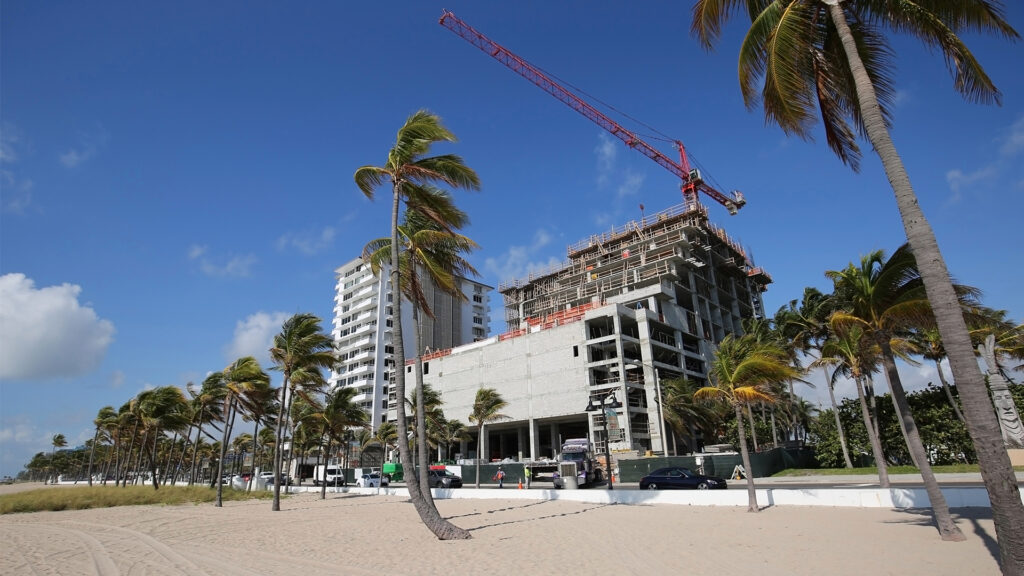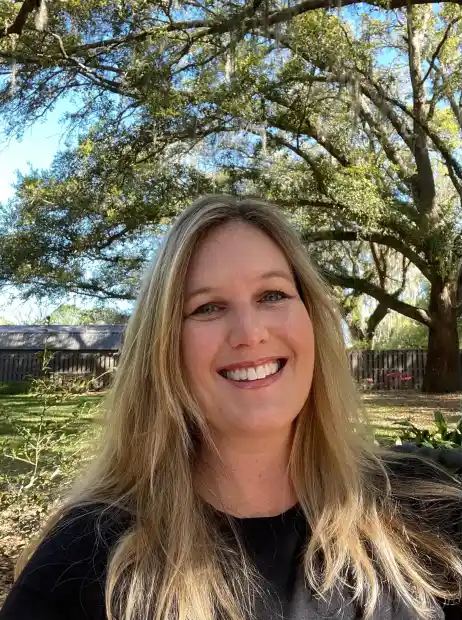By Kim Dinkins, 1000 Friends of Florida
Under the false flag of fighting “frivolous suits,” Florida legislators are continuing a merciless march to eliminate citizens’ and public interest groups’ checks on environmentally irresponsible development. With Florida growing at a rate faster than any other state, the timing couldn’t be worse.
In 2019, legislators passed a law requiring anyone who loses a legal challenge to a development order to pay the winning side’s legal costs. Last year, they compounded the damage by extending this winner-take-all arrangement to challenges to amendments to local growth plans.
These draconian laws have virtually eliminated challenges in those categories, because citizens and public interest groups don’t have deep enough pockets to risk getting socked with the five- or six-figure legal expenses that governments and intervening developers may rack up to defend development plans.

Now a pair of bills, Senate Bill 738 and House Bill 789, pending in the current legislative session, would inflict the same punishment on those who fail in legal challenges to environmental permits, another step in greenlighting development.
As an advocate for sustainable development and meaningful citizen engagement in the planning process since our founding in 1986, 1000 Friends of Florida adamantly opposes SB 738 and HB 789. These bills are needlessly destructive of citizens’ rights. Florida judges already have the authority to impose attorney fees for anyone who files a frivolous lawsuit. These bills target only well-founded challenges.
Sometimes, agencies that issue environmental permits — the Florida Department of Environmental Protection or Florida’s five regional water management districts — get it wrong. A citizen’s legal challenge may be the only way to enforce the law and protect the environment. But removing the realistic possibility of a challenge leaves all the power with the agencies. That’s not good for the environment or the regulated community.
Often, a legal challenge against an agency is the last tool citizens have to bring parties to the table and ends up resulting in a settlement that works for the applicant and is more protective of the resource in question, including protecting water quality or important habitat.

Challenges to DEP or water management district authorizations are not heard in civil court and do not typically include monetary settlements. Individuals or groups are not bringing these challenges to get rich. They are trying to protect a property right, preserve their quality of life, or the environment. They understand they may not be made financially whole. But if citizens taking on the cost of a challenge are faced with the threat that they could also be responsible for the other party’s fees, few, if any, will even try.
While there are also some positive elements in SB 738 and HB 789, there are other fatal flaws in the bills, including a benign-sounding but ultimately problematic requirement for agencies to review and seek ways to streamline coastal permitting activities.
The agencies already routinely review administrative practices to reduce duplication and improve efficiency. In a time in which the Legislature has prioritized increased resilience planning and has dedicated hundreds of millions of dollars to implementing projects, the importance of protecting coastal ecosystems cannot be ignored. Our natural coastlines and barrier islands provide incomparable public benefits, including storm surge protection. Their preservation must be weighed against any permit streamlining efforts that would put them at risk.
For the rights of citizens, and for the health of Florida’s environment, legislators must reject SB 738 and HB 789.
Kim Dinkins is policy and planning director for 1000 Friends of Florida, a nonprofit, nonpartisan organization that advocates planning for sustainable communities. This opinion piece was originally published by the Sun Sentinel, which is a media partner of The Invading Sea.
If you are interested in submitting an opinion piece to The Invading Sea, email Editor Nathan Crabbe at ncrabbe@fau.edu. Sign up for The Invading Sea newsletter by visiting here.



